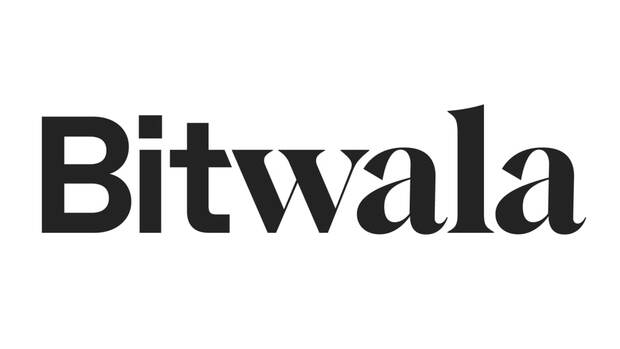First Bitwala, then Nuri and today Bitwala again – the start-up founded in 2014 is back.
Frankfurt The insolvent crypto start-up Nuri is back – under an old name: Bitwala. The app is now available in 29 European countries, but not yet in Germany.
“We have learned from the mistakes of the past,” said Dennis Daiber, who will lead the company with Jan Goslicki in the future. Goslicki also co-founded the company in 2014, and Daiber was the former “Head of Trading”. “We will select our partners more specifically – and no longer rely on the market,” Daiber told Handelsblatt.
Bitwala initially offers trading of the most important cryptocurrencies Bitcoin and Ethereum. These can be exchanged for fiat currencies such as the euro – and can also be sent using Sepa transfers. Users hold the coins in so-called self-custodial wallets. In this model, the coins are not stored by a crypto exchange, but rather by the investor himself on a type of digital wallet.
It’s a journey back in time. Bitwala had already started with the same product range in 2014. Over the years, the company became much more diversified and wanted to offer its customers a more extensive range of products. In this context, the name was changed to Nuri in 2021. Nuri also worked with the Berlin neobank Solaris. The partnership enabled the fintech to offer fully licensed bank accounts with debit cards via Solaris’ infrastructure.
However, last year the entire crypto industry came under pressure. The war in Ukraine, fears of recession, rising interest rates – virtual currencies were on the decline as a result of the global market downturn. The confidence of many investors was also shaken by the collapse of the Terra crypto project. And then the US crypto platform Celsius went bankrupt.
Nuri had referred customers to the Americans as part of a Bitcoin income account. The Berlin fintech then also came under pressure and the search for a new investor failed. The fintech also laid off numerous employees, but the then boss Kristina Walcker-Mayer was no longer able to prevent Nuri’s bankruptcy.
>> Read more: SEC decision postponed – crypto world faces a lot of resistance
“We grew too quickly – and didn’t have enough experience,” said Goslicki. In addition, some product trials such as Celsius have failed. “That won’t happen anymore.” The company recently had around 200,000 customers.
For the restart, the now nine-person Bitwala team, of which Walcker-Mayer is no longer a part, can use parts of the insolvency assets. Venture debt provider Claret Capital Partners was among Nuri’s creditors. The company now provides the trademark rights and technology for Bitwala and receives ten percent of the shares in return.
Looking for a partner for the German market
In total, the fintech has so far been able to raise 800,000 euros in risk capital, not only from Claret Capital Partners but also from business angels and capital invested by the managing directors themselves. In the coming months, Bitwala plans to raise a further 500,000 to 1.5 million euros in fresh capital for further growth.
>> Read more: How a supposed trading platform rips off investors
However, Bitwala is not allowed to contact former Nuri customers directly because of the bankruptcy. There are currently around 5,000 active users on the platform. According to the company, around nine million euros in customer deposits are still in the accounts.
However, customers in Germany still have to be patient. While Bitwala works in Europe with the banking-as-a-service provider Striga from Estonia, the company does not yet have a partner for the German market. “But this should be determined soon so that we can then start in our home market,” said Daiber. A solution is announced for the fourth quarter of this year. The Solaris infrastructure has now been completely expanded.
By the end of 2024, Bitwala wants to have reached a six-digit number of customers again. “The potential is huge,” said Daiber. Bitwala also wants to launch a debit card with Visa soon. The card should be linked to the crypto wallet. “Then every customer can withdraw money from the ATM using the card. Bitcoin or Ethereum are exchanged directly,” said Daiber.
More: The bankruptcy of FTX and its consequences for the crypto world
